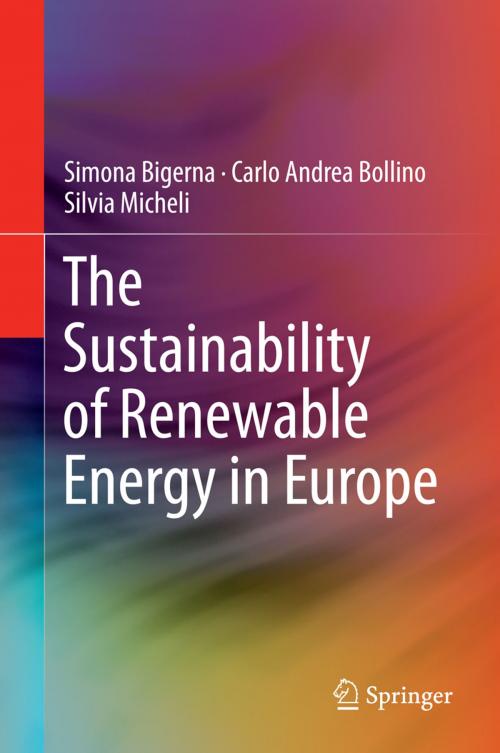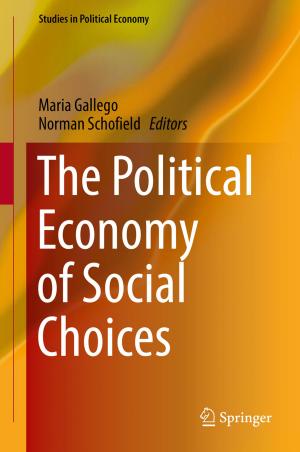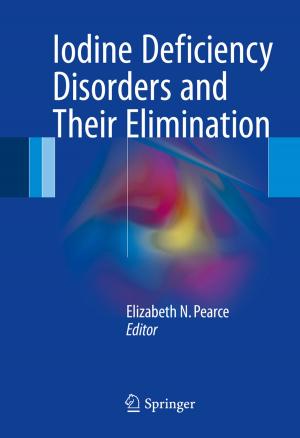The Sustainability of Renewable Energy in Europe
Nonfiction, Science & Nature, Science, Physics, Energy, Business & Finance, Industries & Professions, Industries, Technology| Author: | Simona Bigerna, Carlo Andrea Bollino, Silvia Micheli | ISBN: | 9783319123431 |
| Publisher: | Springer International Publishing | Publication: | March 18, 2015 |
| Imprint: | Springer | Language: | English |
| Author: | Simona Bigerna, Carlo Andrea Bollino, Silvia Micheli |
| ISBN: | 9783319123431 |
| Publisher: | Springer International Publishing |
| Publication: | March 18, 2015 |
| Imprint: | Springer |
| Language: | English |
This book demonstrates that the much-needed global shift in energy production and use must happen at a territorial level in order to be truly successful and sustainable. This book enables regional implementation efforts by connecting broad EU environmental policies with plans for action at the territorial level, analysing efficient resource allocation and cost effectiveness to achieve national objectives. Each EU Member State is considered in depth, in order to identify the opportunities and challenges of this regional approach. The regional dimension of the authors’ analysis refers to the territorial level NUTS 1 (Nomenclature of Territorial Units for Statistics) that, starting from the administrative borders of the EU countries, divides the territory into 97 regions on the basis of major socio-economic characteristics. Because the model of the EU "green economy" is characterized typically by top-down interventions that focus exclusively on the resource productivity and investment business, its practical implementation can be de-railed. This book provides the pivotal missing piece- the detailed territorial comparative analysis necessary to obtain an optimal energy mix of renewable energy sources (RES), energy conservation and energy efficiency characteristics of each specific local context.
This book demonstrates that the much-needed global shift in energy production and use must happen at a territorial level in order to be truly successful and sustainable. This book enables regional implementation efforts by connecting broad EU environmental policies with plans for action at the territorial level, analysing efficient resource allocation and cost effectiveness to achieve national objectives. Each EU Member State is considered in depth, in order to identify the opportunities and challenges of this regional approach. The regional dimension of the authors’ analysis refers to the territorial level NUTS 1 (Nomenclature of Territorial Units for Statistics) that, starting from the administrative borders of the EU countries, divides the territory into 97 regions on the basis of major socio-economic characteristics. Because the model of the EU "green economy" is characterized typically by top-down interventions that focus exclusively on the resource productivity and investment business, its practical implementation can be de-railed. This book provides the pivotal missing piece- the detailed territorial comparative analysis necessary to obtain an optimal energy mix of renewable energy sources (RES), energy conservation and energy efficiency characteristics of each specific local context.















